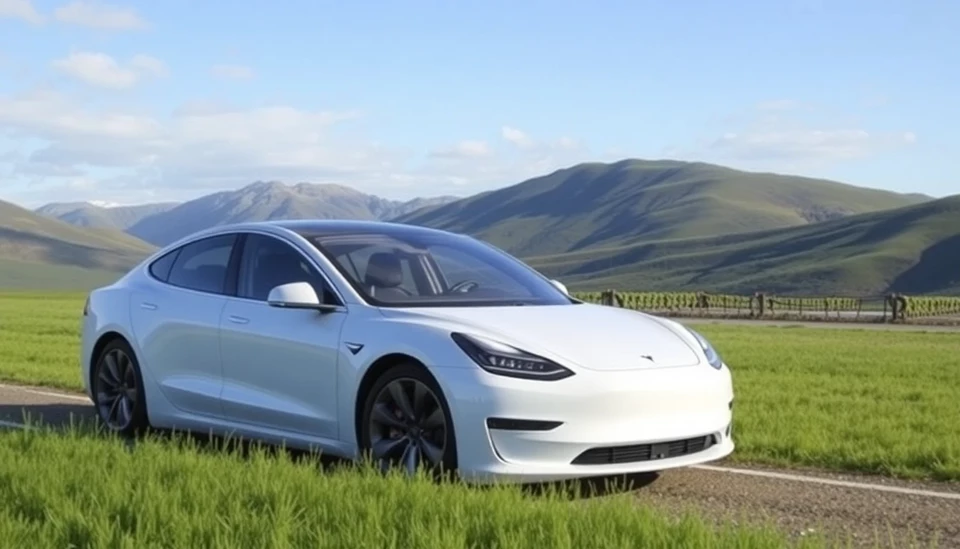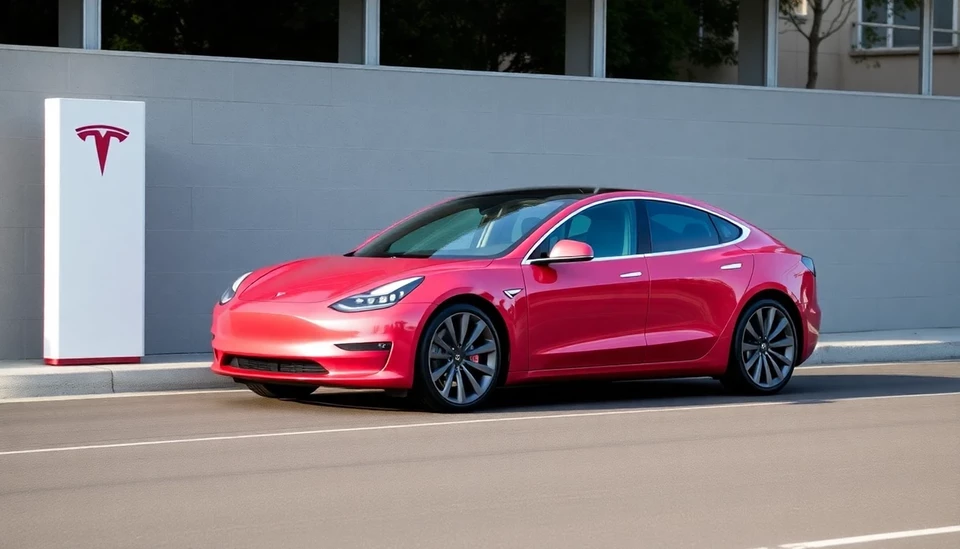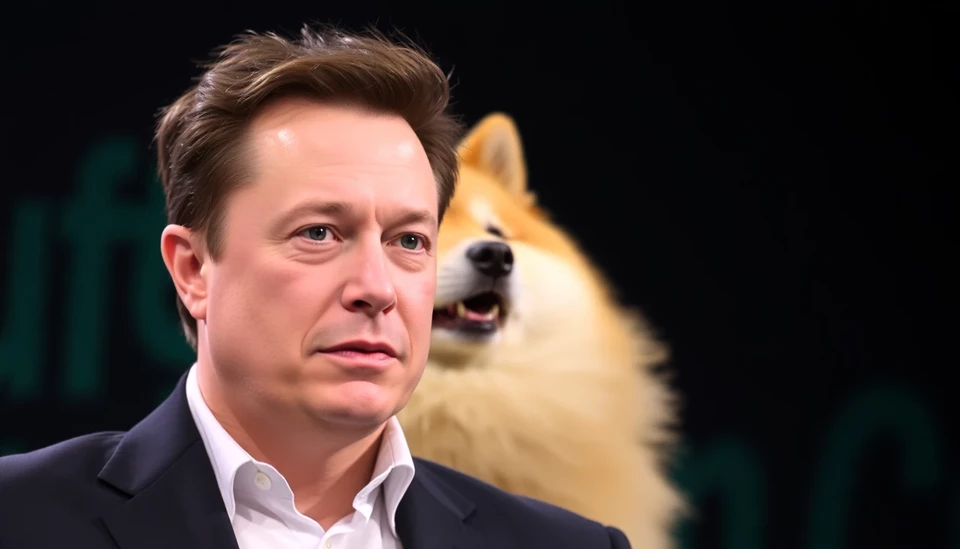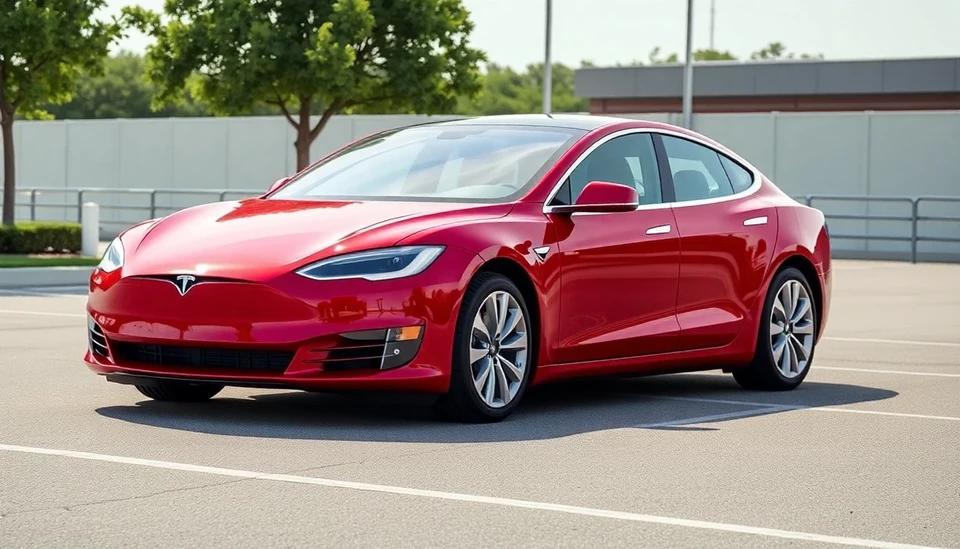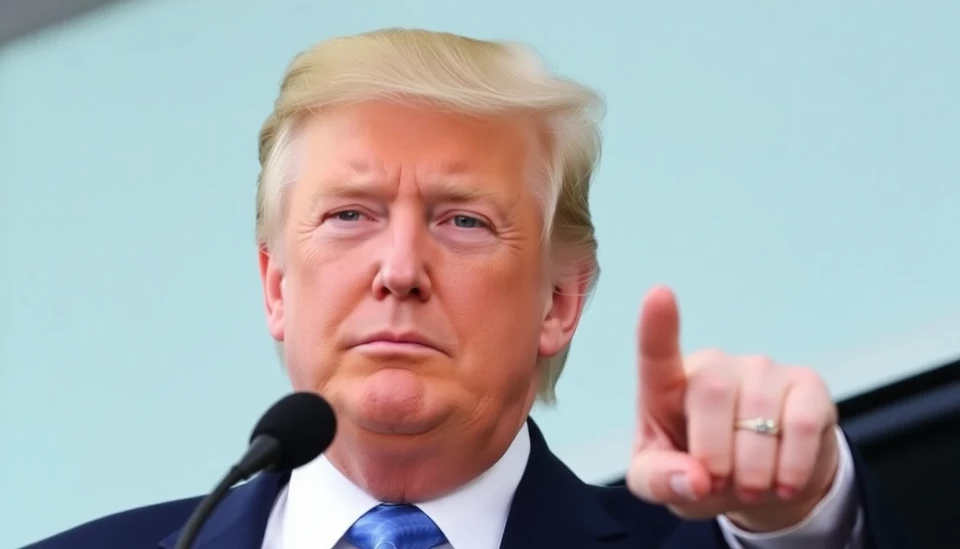
In a startling turn of events, former President Donald Trump has voiced apprehensions regarding Tesla's increasingly lucrative revenue streams, particularly highlighting the implications of government incentives, competition, and market dynamics in the growing electric vehicle (EV) sector. As Tesla expands its foothold in the rapidly evolving market, Trump's comments are stirring conversations about the potential influence of political sentiments on the automotive industry.
Trump's remarks come at a time when Tesla is enjoying unprecedented growth, largely fueled by rising demand for electric vehicles. The company's total revenue has seen a remarkable surge, with analysts projecting further increases as more consumers shift towards sustainable transportation options. However, as the market becomes more competitive, featuring players like Ford and General Motors, the pressure on Tesla to maintain its dominant position is mounting.
In his recent statements, Trump questioned the long-term viability of Tesla’s business model, underscoring the risks posed by current government policies favoring EV manufacturers. He pointed to potential future shifts in regulatory frameworks that could alter the landscape for Tesla and its rivals, potentially impacting their profitability as subsidies and tax incentives evolve. Such factors remain critical, as they form a substantial portion of Tesla's current revenue structure.
Furthermore, Trump's comments reflect broader apprehensions regarding the electric vehicle market's dependency on governmental support. Analysts warn that while incentives can bolster sales in the short term, businesses that rely heavily on them may face challenges when the political wind shifts, potentially jeopardizing their revenue streams. This sentiment resonates with investors who are keenly watching how Tesla navigates the ongoing debate surrounding EV subsidies in Congress.
As Trump hints at changes that could affect Tesla and other EV manufacturers, the former President's influence remains significant within the Republican Party, suggesting that his perspective could resonate with his supporters in future policymaking discussions. This situation raises questions about how political agendas can intersect with corporate strategies, particularly in sectors reliant on governmental cooperation.
In light of these developments, Tesla's response will be pivotal in determining how well it can weather the potential turbulence. The company has consistently embraced innovation and has shown resilience against market fluctuations, but as the landscape shifts under political and economic pressures, stakeholders will be keeping a close eye on the company's strategic moves.
As the industry evolves, the importance of political sentiment and its influence on market stability cannot be overstated. Tesla's future, like that of many tech-forward companies, seems more intertwined with the currents of government policy than ever before.
As the competition heats up, one thing remains clear: Trump's commentary will continue to be part of broader discussions regarding the future of electric vehicles and renewable energy in America, ultimately shaping both perception and policy as we move forward.
#Tesla #Trump #ElectricVehicles #EVMarket #Sustainability #GovernmentIncentives #CarIndustry
Author: Samuel Brooks
